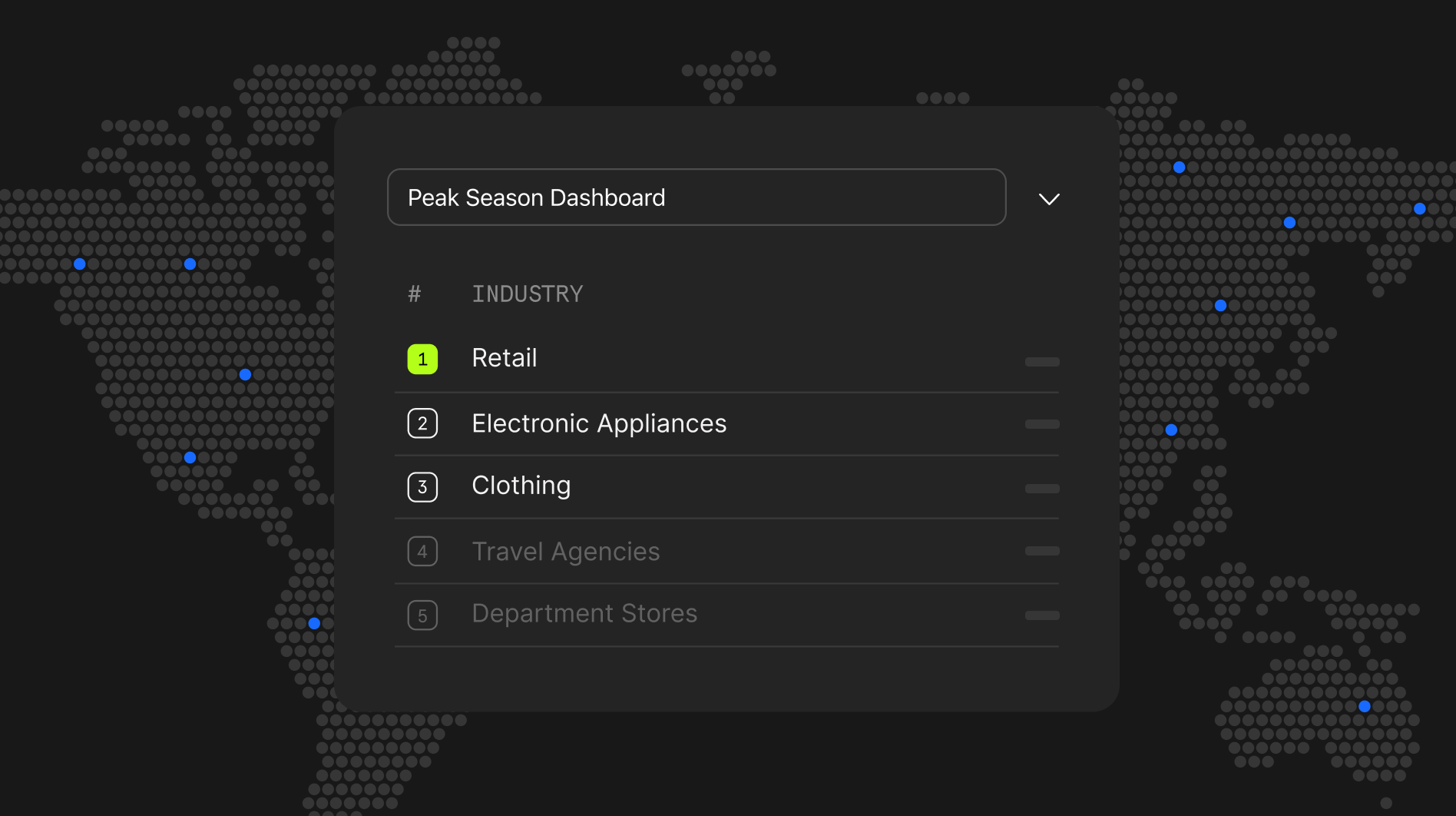The UK regulator of payment services is undertaking a significant market review of competition in the payment card sector. The cost of card processing – and interchange fees, in particular – are under the microscope. This could mean card schemes may have to provide more information about future fee increases and profits in the UK.
Merchants had until the end of July to submit feedback on an interim report on card scheme and processing fees by the Payment Systems Regulator (PSR). It looked closely at interchange fees set by the card schemes, who provide the infrastructure for transactions using credit and debit cards. The final report is expected to be published before the end of 2024.
The PSR report focuses on Mastercard and Visa, whose cards account for 95% of UK-issued card transactions. It provisionally finds that the two schemes “do not face effective competitive constraints,” meaning it’s unlikely that alternative providers could challenge their market share in the medium-term.
“Overall, taking our provisional conclusions separately and together, we provisionally conclude the market is not working well, and that intervention may be appropriate,” the report states. It goes on to suggest three main “remedies” to the situation.
The report states:
“These potential remedies include:
- “regulatory financial reporting in respect of the card schemes’ UK activities, in order to provide us with more detailed and accurate information of the profits the card schemes are earning from their UK businesses
- “measures that would require the card schemes to set out the reasoning and evidence justifying any price increases (or pricing for new services)
- “measures to improve the quality of information available to acquirers and merchants, in particular SMEs, to make it more suited to their particular needs, which address the information and transparency problems we have identified.”
The report also notes: “Remedies are contingent on our final conclusions, and would be subject to further consultation after our final report.”
For its part, Visa states its fees reflect the high levels of reliability, resilience and security that it provides for UK payments. Its own rules state: “Interchange is consistently monitored and adjusted – sometimes increased and sometimes decreased – in order to ensure that the economics present a competitive value proposition for all parties.”
A Mastercard spokesperson told The Fintech Times it disagrees with the findings of the PSR report, citing the significant investment the scheme makes into maintaining a secure payments network.
How existing interchange fee regulation impacts merchants
Interchange fees are already regulated in the UK. Since 2015, card transactions where the merchant, their bank (the acquirer), and the customer's bank (the issuer) are all located within the UK have been subject to fee restrictions.
For such transactions, the interchange fee is limited to a maximum of 0.2% of the total transaction value for consumer debit cards (including prepaid cards). If it’s a consumer credit card, the limit is 0.3%. Some American Express cards are excluded.
Therefore, merchants that use local acquiring can benefit from lower card processing costs. If any of the parties are outside of the UK, the same fee caps do not apply.
Furthermore, the interchange fee regulation does not necessarily mean that processing transactions within the UK will definitely ensure lower costs, overall. The reason is the interchange fee is just one of several fee types that make up the cost of taking card payments. The other charges are not regulated in the same way, and different parties in the payment ecosystem charge various fees for other services (such as security and fraud prevention). These are all passed on to merchants.















.png)
